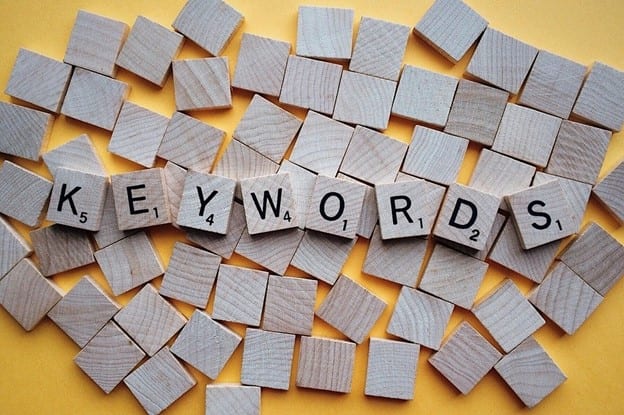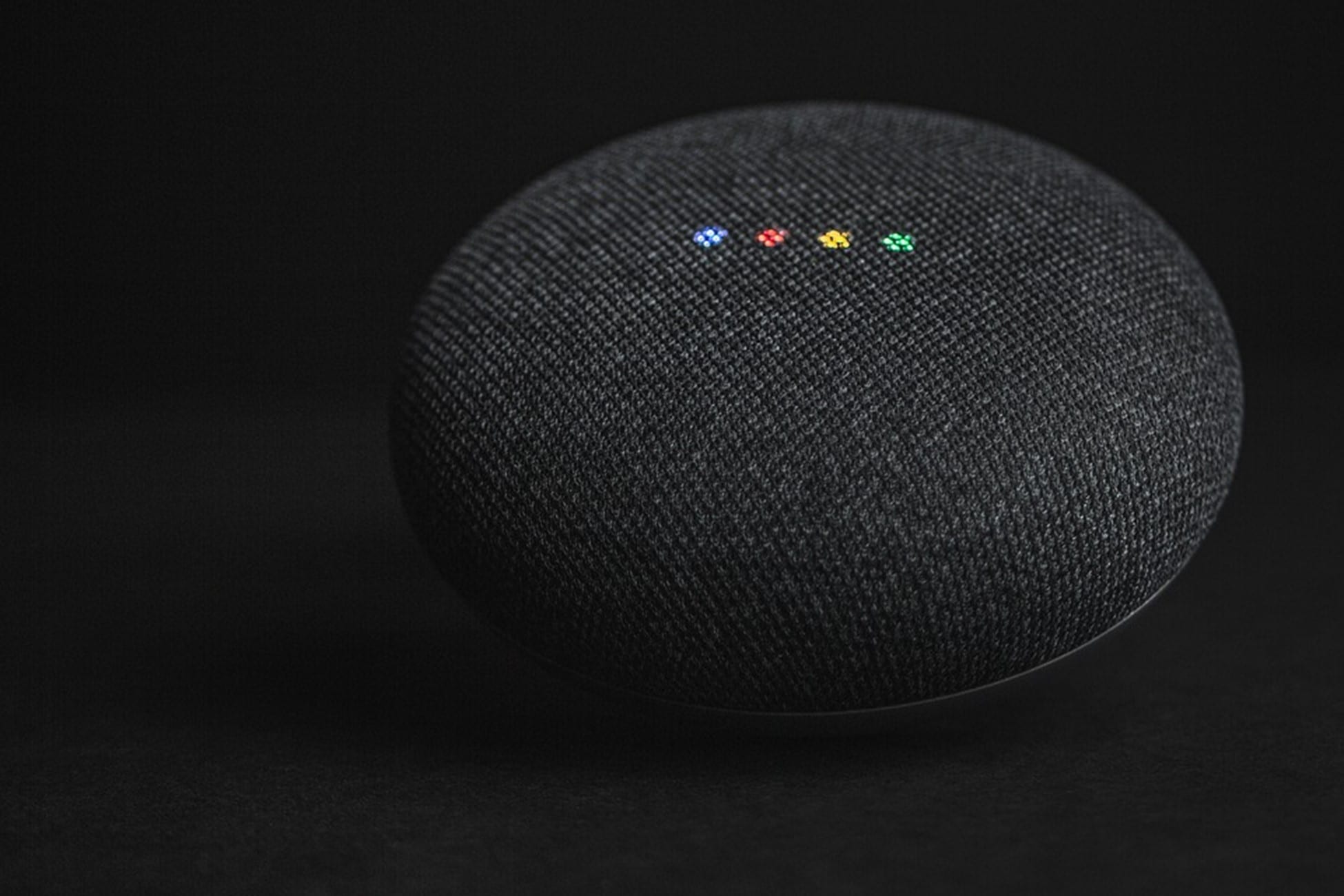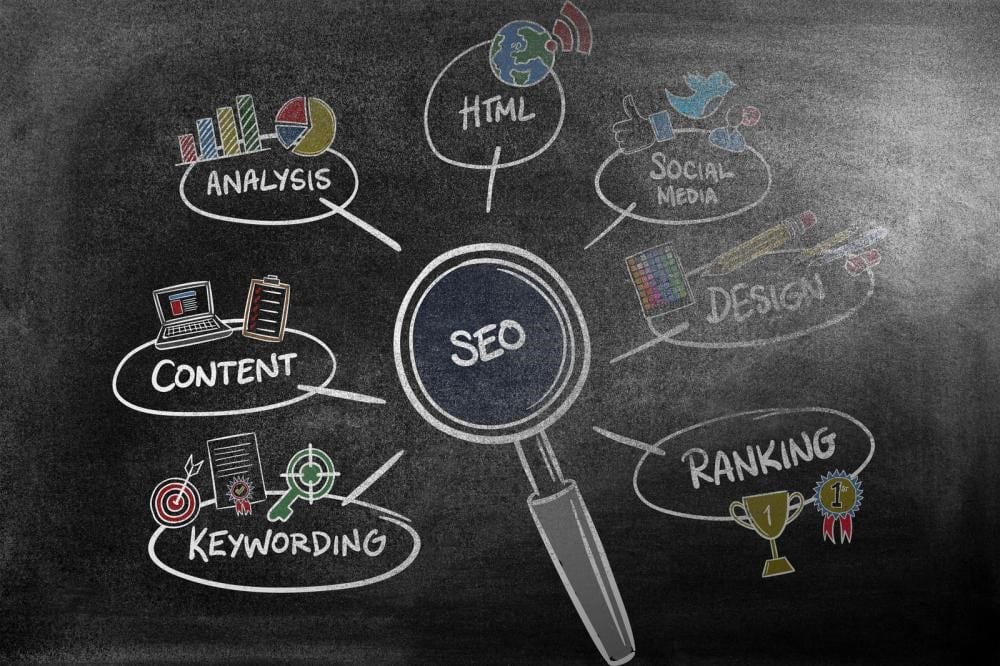Don’t Want to Get My Fingers Burnt Again – How Not to Do SEO



There are some SEO practices which are outdated and considered unethical by search engines like Google. While working on your SEO, it is important to know which practices can lend you in hot waters, dragging down your website ranking.
1. Avoid Keyword Stuffing
There was a time when SEO was all about keyword stuffing, i.e. several keywords were used repeatedly in the web pages. As a consequence, the quality suffered quite heavily. However, as search engines understood the deception, they were improved to catch such trickery. Now, if you use keyword stuffing, then it can affect your ranking badly. Moreover, it also creates a bad impression in the eyes of your target audience. So, how much keyword inclusion is enough? Add it once in the title and meta description while in your content body, you can add 2-3 times for a 500-word post.
2. Don’t Copy
Content is king. Original and researched content can take your organic SEO to unprecedented heights. However, sometimes, people use shortcuts and adopt copying information. They go around the Web and duplicate the text, images, and other contents from their rivals.
For short-term, this technique may allow you to add a massive amount of content on your website in a short period of time. However, as soon as Google catches you in the act, expect your credibility to go down the drain. Don’t expect Google to overlook it; today’s algorithms have become too sophisticated and smart and can pick up even the smallest of duplication.
3. Avoid Excessive Ad Placement
Ads help websites to get their hands on a sustainable source of income. However, if you use far too many ads, then it is a red flag for Google. In case your traffic declined suddenly, have a look at the page layout algorithm.
4. Use Outgoing Links Sparingly
When outbound links from other credible websites are hyperlinked in your website content, it boosts your ranking. However, if you try to overuse these links, then this can be an issue. Those websites that have a large number of outbound links without the ‘nofollow’ tag are often considered as paid directories or link farms, resulting in penalties. As a rule of thumb, ‘nofollow’ all those websites, comments, and ads about which you are not 100% sure.
5. Assess Your Loading Speed
Your website should load instantly – ideally within 5 seconds. Similarly, it must be available 24/7. If your website breaches any of these rules, then it is going to affect your ranking badly. Make sure to hire the services of a reputable and knowledgeable website hosting provider who can improve your loading speed and ensure that your website is available all the time.
6. Don’t Cloak
When a user hides a link’s real destination, such practice is referred to as cloaking. Similarly, another one was displaying separate versions of a web page for crawlers. However, in 2019, these techniques have gone absolute and using them can cost you badly.






